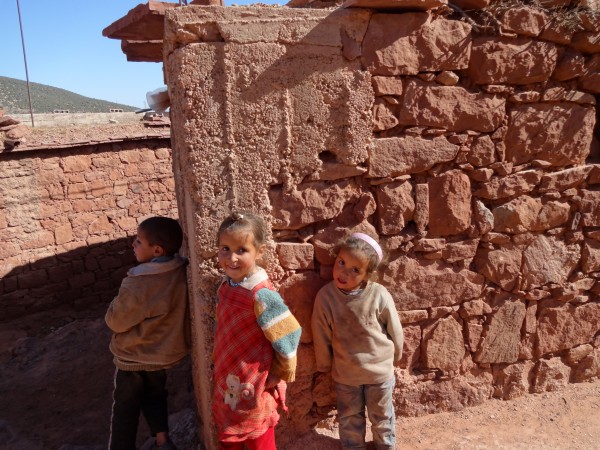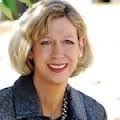SECRETS OF MOROCCO
Tourists typically return with only a snapshot of the new place they just visited. They speak of how fine the weather was, how friendly the locals were or how good the food was. They may show you pictures of themselves in a front of a famous landmark or display something they bought as a souvenir. But few will share with others anything more than superficial facts that have been passed on to every other tourist.
Having just returned from a 9-day organized tour of Morocco, I found myself guilty of the same thing. After a few inquiries about my vacation, I soon became bored by my standard response. There must be something more interesting I can talk about other than the camel ride I took at sunrise or how hard I bartered for a necklace at a local bazaar. There must be something about the country itself that others would find fascinating. But after some reflection, all I could come up with was how diverse the topography was and that the women weren’t covered up as much as in other Muslim countries. Then I started recalling snippets of what our tour guide told us, something about the King having modified the Family Code to give women more rights, that phosphorous was a big export and that it takes less than an hour to get from Spain to Morocco by hydrofoil.
But surely I must have gleaned something more significant than this… and it was then that I recalled how many children (of all ages) I saw out on the streets during what should have been school hours. Some were chasing after our bus or trying to sell us something when we got off, others were working in the fields or in local shops. Then I remembered our guide telling us that when there is an election they have to draw a chalk board on buildings and assign numbers or symbols to a candidate so the illiterate know who to vote for. This all made me wonder exactly how many Moroccans could not read or write, and when I looked up the statistics, I was astonished to discover they had one of the highest rates of illiteracy in the world and only about 50% of the population can read (note: more can read in the cities than the rural areas and more males can read than females). Also, more than 2.5 million children under the age of 15 drop out of school. This research then led to an article about how many children in Morocco are homeless, and the stats are staggering with over 10,000 in just the city of Casablanca alone. As in too many other parts of the world, many of them are working as prostitutes while others are sold and trafficked. Last year, a network outside Marrakech was busted that sold 13-year old boys to brothels in Italy, and dealers reportedly paid parents $3000 per child. Also, “boy dancers” (ages 8-16), which were commonplace up until the 1920’s, have re-emerged and are in practice again.
Somehow these depressing facts about the children seem inconsistent with what we were told about the current King’s plan for the country. Viewed as a humble and benevolent leader who cares about the people and actually referred to as “King of the Poor”, many thought Mohammed VI was a breath of fresh air compared to his tyrannical father who previously governed through fear and brutality. Within 5 years of his new reign, he had modified the Family Code to give more rights to women and vowed to improve the lives of the poor and to improve Morocco’s human rights record. But further research indicates that he is not unlike many other world leaders who can’t walk the talk. Listed by Forbes Magazine as having a net worth of $2.5 billion, his personal portfolio has grown by a factor of 5 since his reign began in 1999. While the country’s GDP per capita is about $5,000, his Palace’s daily operating budget is over $1M. He and his advisors have also been accused of “influencing” every large housing project in Morocco, and reports from the US Embassy in Rabat have cited that corruption is prevalent in ALL levels of society from the top to the bottom.
King Mohammed VI is also reported to be gay, although our guide denied this when I questioned him. Even though there are many articles about this on the internet, he said it was the first time he heard this and it was just a cruel rumor. But earlier he also told us that although freedom of speech was a right given to every Moroccan citizen, one is not allowed to criticize or speak openly against the King. So if our guide believed that his King was gay, would admitting that be viewed as criticism? Although I could care less whether the King of Morocco is gay or not, it’s the secrecy and the hypocrisy that disturb me … and the punishment that others face when they practice what he is allegedly practicing. Not only is homosexuality illegal in Morocco and subject to a fine up of up to 3 years in prison, the government stated in 2009 that they were clamping down on homosexuality and would repress “any act contrary to moral or religious values”.
Although Morocco is more progressive and more tolerant than many other parts of the Middle East, there is still much improvement needed and clearly more there than meets the tourists’ eyes.
Copyright © 2013 (Michelle Parsons, Getting Back on Your Path). All Rights Reserved.

